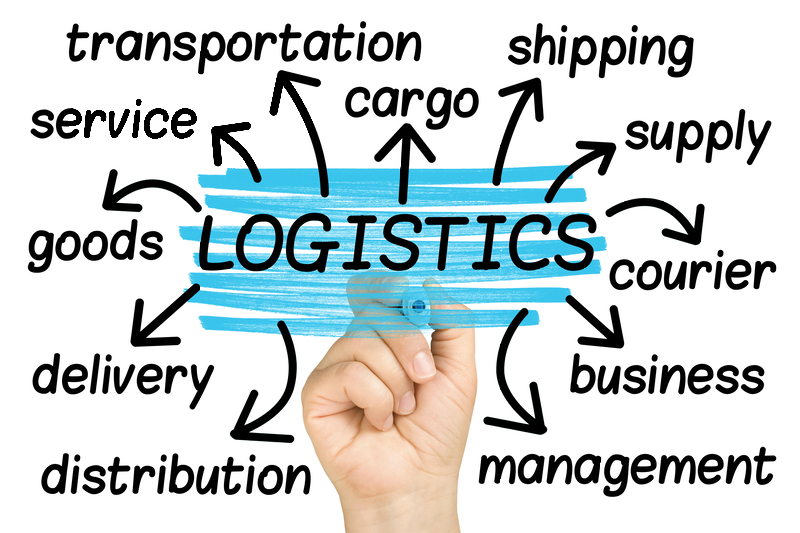The barriers to entry for entrepreneurs looking to start an e-commerce business are lower than ever. Thanks to the internet and the advent of e-commerce, you can technically launch a new startup business in minutes online with virtually zero upfront costs. But running an e-commerce business isn’t all sunshine and rainbows, it is a lot of work and involves a whole bunch of logistical hoops to jump through to run successfully, especially in over-saturated markets. Here are the top three logistical issues that e-commerce businesses need to overcome to grow and become as successful as possible.
Shipping Products
Perhaps the largest logistical problem that e-commerce businesses face is shipping their products. E-commerce businesses rely on shipping products around the world to their customers, which is a lot easier said than done. Depending on the volume of orders your site gets, you could be shipping hundreds or even thousands of packages every single day. That is a lot of boxes, a lot of tape, a lot of trips to the post office, and a lot to stay on top of. Selling products internationally as well as increased domestic shipping means you need to be aware of regulation and costs. Make sure that you are using an effective shipping software to keep you ahead of the game in tracking and managing your shipping.
Managing Inventory
The next most difficult logistical issue that e-commerce businesses face is managing inventory effectively. Your e-commerce business needs to keep an inventory of products ready to ship at a moment’s notice to customers, and that means figuring out exactly how much inventory you need at what times. Keeping track of your inventory is difficult as well. Putting barcodes on your products helps to track and manage inventory. Make sure that you are doing everything you can to track your inventory, so you always know exactly what you have in stock.
Processing Returns
Another of the major logistical issues that is faced by e-commerce businesses is processing returns. If your e-commerce business accepts returns (and it should) then you need to receive these items that are shipped back, evaluate them for defects, and relabel them and re-enter them into your inventory. This is a major logistical headache as you don’t know when returns will be received, you will have to render payment back to the customer, and you will have to determine if the product is able to be resold. Consider investing in a software to manage your returns more effectively.
Running an e-commerce business is not easy. It takes tenacity, hard work, and determination to make work. Consider these three logistical issues that e-commerce businesses face to find solutions early and succeed.
Check out this article on how to make your e-commerce store more attractive to customers!

